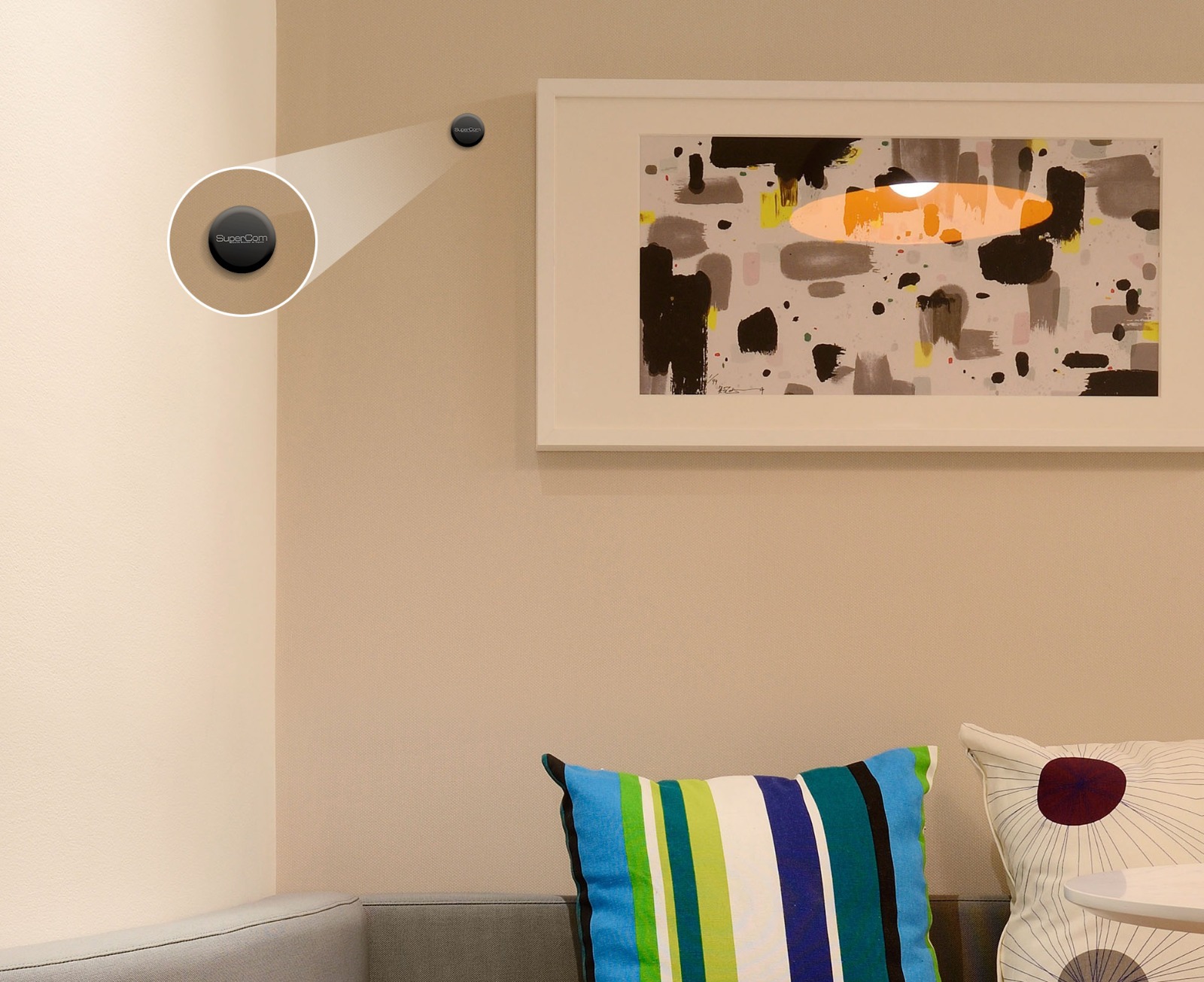Israel will launch a pilot program on Sunday to test electronic tracking bracelets as a tool for enforcing quarantine, obligatory for all people entering the country.
The option, designed to ensure arrivals from abroad stay inside their homes during the mandatory isolation period, will mean they do not have to spend time in state-financed “quarantine hotels” and that the government can allow more people to enter the country, said the spokesman for the member of Knesset who pushed the project.
Many Israelis are stranded abroad, but earlier this week, the government decided that the number allowed to return would be cut to 200 a day.
Everyone arriving in the country is required to enter quarantine for 14 days, or 10 days if they test negative for COVID-19 twice during that period.
“According to the plan, when a person lands, he will be taken to the [quarantine] hotel where he will be tested. If he’s negative, if he doesn’t have COVID-19, he will be offered [a choice]: ‘Do you want to stay in the hotel, or do you want to go home with an electronic tracking kit, to ensure that you are actually home?’” Yehuda Rosset, spokesperson for MK Yakov Asher, told The Media Line.
Asher, who chairs the Knesset Constitution, Law and Justice Committee, had been at the forefront of the tracking effort, said Rosset. The committee is responsible for overseeing the COVID-19 restrictions put in place by the government.
The kits, to be supplied by an Israeli company named SuperCom, include a tracking bracelet that can be worn on the wrist or ankle, a smartphone, and a Bluetooth beacon to be placed in the area of quarantine. Those who choose to go home with a kit will have to hand over NIS 1,500, or about $455, as a security deposit.

Bluetooth beacon, part of SuperCom’s electronic tracking kit. (Courtesy SuperCom)
Adi Minkovsky, SuperCom’s spokeswoman, told The Media Line the tracker does not show a location on a map, rather “the command center receives a warning in case there’s a breach of the defined perimeter.
“The information isn’t retained in the company’s databases,” she further assured.
The pilot will start with 100 participants, but SuperCom has 1,000 kits waiting to be used, Rosset said. The intention is to pass legislation next week that will allow the project to expand beyond the pilot stage.
The past week has seen a rapid succession of changes surrounding the issue of quarantine hotels as the government and the Constitution, Law and Justice Committee butted heads. The committee pressured the government to supply an alternative to the hotels, whose efficacy was questioned.
The mandatory stay at the hotels was canceled on Tuesday after its approval was not renewed by the committee, which was supposed to convene for the purpose on Monday but did not. Following a government outcry, the obligation was reinstated on Wednesday, but it is set to expire again in the middle of next week.
Rosset said the committee’s time limit is intended to ensure that legislation on the matter is advanced in the meantime.
Eventually, all those arriving in Israel should be offered a choice between staying in a quarantine hotel and quarantining at home under the supervision of one of a variety of tracking devices, which include the new bracelet. “Different tracking options to supervise those returning to the country will be available so that we won’t have to resort to the hotels, which are a sort of prison and less convenient,” Rosset said.
While some may see this new possibility as cause for celebration, or at least the lesser of two evils, others are worried by the implications this has for individual privacy. Last year, as the pandemic erupted, the Shin Bet security service was recruited to aid the health system track those possibly exposed to the novel coronavirus via their smartphones. The decision was widely criticized, and its effectiveness has been repeatedly questioned.
Adalah − The Legal Center for Arab Minority Rights in Israel commented to The Media Line that “Israel’s proposed use of electronic bracelets to track COVID-19 patients constitutes a severe and persistent violation of the right to privacy and freedom. The fight against the virus cannot justify the suspension of human rights and the crisis must be managed in a way that guarantees protection of the constitutional rights of the country’s citizens.”
The Haifa-based organization further stated that “unfortunately, Israeli authorities have failed to adhere to this approach since the outbreak of the virus last spring, notably via the employment of mass surveillance by the Shin Bet domestic intelligence agency and the transfer of citizens’ personal medical records between various government and municipal bodies. We now see this dangerous approach being perpetuated once again with the proposal to use electronic bracelets.”
Israel’s insistence on tight control on arrivals stems from its fear of new COVID-19 variants being introduced into the country, just as it begins its recovery. Rosset explained that “this is all because of the struggle against the mutations; that is why it’s being treated strictly.”
Perhaps no less important is the tracking option’s projected ability to allow more people to enter the country. The limits currently placed on the number of entries are in force because the present systems employed cannot cope with larger numbers.